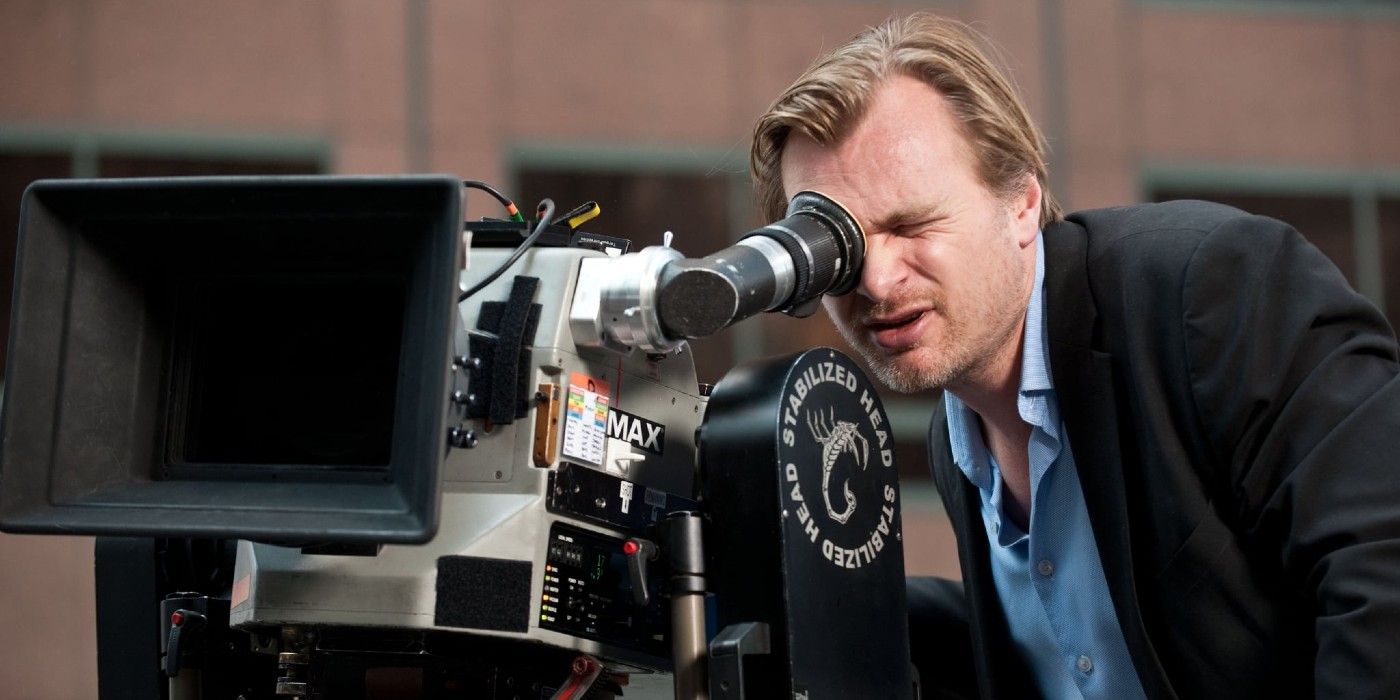It’s pretty bold to throw some shade at Christopher Nolan’s artistic choices, not that audiences aren't happy to do so, but the director’s work itself speaks volumes about his legacy. Volume is a funny word though and it’s precisely what some of Nolan’s peers have brought up to him according to Tom Shone’s book “The Nolan Variations”.
Shone’s book is written in collaboration with Nolan himself and aims to take a close in-depth look at the man’s childhood and upbringing, how his overall filmmaking vision came to be and what his influences are, all the way up to Tenet, his most recent film.
In it, there are plenty of anecdotes from Nolan, noting his opinions and thoughts on several matters throughout the years and on the topic of Interstellar’s sound he points out “other filmmakers… would say, ‘I just saw your film, and the dialogue is inaudible.’ Some people thought maybe the music’s too loud, but the truth was it was kind of the whole enchilada of how we had chosen to mix it.”
This is quoted by Nolan as an example of just how conservative people can be with sound, unlike the actual footage, claiming Interstellar was aiming very high when it came to sound engineering as a way to transmit a “feeling of physicality” in space, specifically suggesting the film is meant for the IMAX experience where all Hans Zimmer’s spectacular work can be better appreciated.
One notable example of this approach can be seen (or rather heard) in Dunkirk, where Zimmer first recorded a traditional film score that Nolan tossed out in favor of the movie’s famously “nauseating” soundtrack, designed to make audiences feel the same despair as the soldiers. Almost all of Nolan's films have very distinct sound qualities that could be considered loud or unorthodox, but Interstellar and Dunkirk definitely stand out as two that heavily rely on sound as part of the final product.
With statements like these, it’s no wonder Nolan is among the first pleading to the U.S. Congress to bail out movie theaters. For him the cinema theater experience is unique, it’s the reason he makes films and they define the concept of what a movie really is. By the way, in the book Nolan also addresses long-running rumors that he’s against people watching his films on phones, claiming it’s completely fine, just as long as said movie was properly distributed in theaters first.
Source: IndieWire

